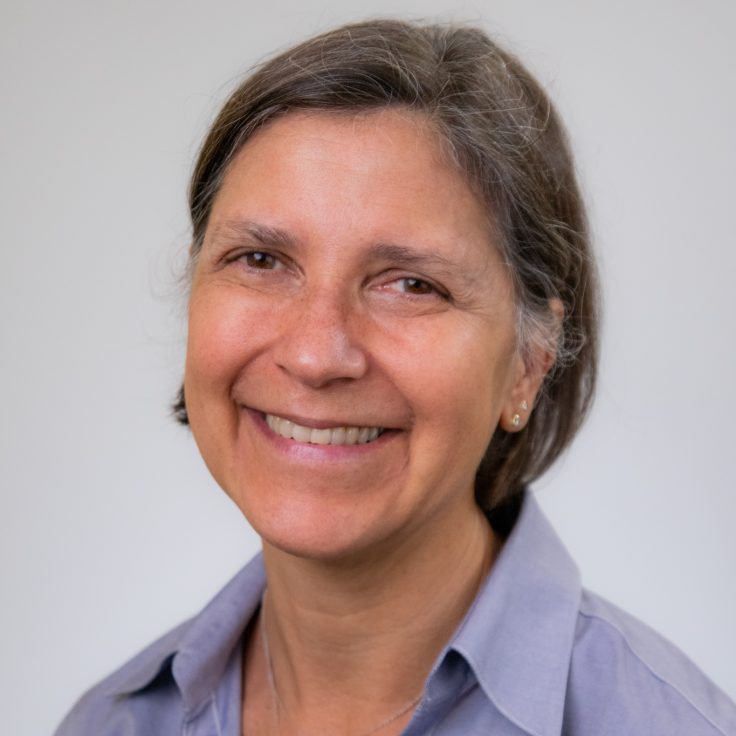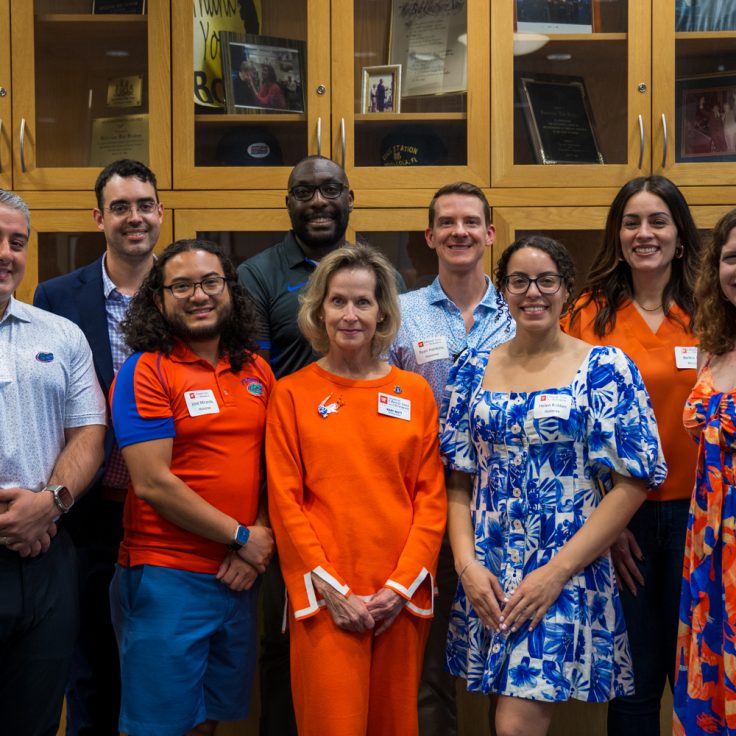
Confronting UF’s History with Native American and African American Populations
UF CLAS faculty and alumni reflect on their involvement with a presidential task force to explore the university's past
Native American Heritage Month is a time to recognize and inform the public about Native American history and contributions – both of which are part of our very own University of Florida history.
In the wake of George Floyd’s murder in the summer of 2020, UF President Kent Fuchs formed the University of Florida’s African and Native American History Task Force to investigate the university’s past relationships with African American and Native American populations. PAUL ORTIZ of the Department of History was named co-chair of the task force along with Winfred Phillips, UF Executive Chief of Staff and mechanical engineering professor.
Members included DAVID CANTON, Director of the African American Studies Program and associate professor of history, KEN SASSAMAN, professor of Florida archeology, and JON SENSBACH, chair of the history department. History alumna ADREANNE MARTINEZ also served on the task force after assessing how students act as driving forces behind American universities as they confront their ties with slavery, convict leasing, and prison labor for her senior thesis. The task force published a 110-page report outlining their discoveries, published in April 2022.
“You can’t necessarily explain all of these racial disparities today without going back and looking at the things that have happened in the past,” Martinez said. Even though hearing about UF’s connections to indigenous removal, slavery, convict leasing, and segregation may be a tough pill to swallow, she says, it is something we need to know.
Ortiz’s parents used to tell him, “There’s no such thing as a free lunch.” Like other land-grant universities, the University of Florida’s relationship to Native Americans stems from the dispossession of Indigenous land by European and American-settler colonists. Land grants of the Morrill Act of 1862 come from 120 tribes west of the Mississippi River — a big takeaway for Sassaman.
“I had naively assumed that land grants involved the granting of Florida land by the federal government for the building of universities,” Sassaman said. “Rather, it was a matter of granting ‘scrip’ of land taken from Native American people throughout the west, either by ratified or unratified ‘treaties,’ and in some cases by force.”

History is all around us, whether it’s above or beneath the ground we walk on. As of 2021, archaeological remains of Native American habitation have been recorded at 18 locations around UF’s Gainesville campus— including an aboriginal burial mound located on the grounds of UF’s Levin School of Law.
Ortiz used to bike past Fort Clarke Boulevard on his way to campus. When he asked his students if they knew what the road is named after, they had no idea it touched upon a significant piece of local history. To their surprise, the Alachua County structure served as one of the key U.S. Army forts during the Second Seminole War.
Astonished by his students’ response, Ortiz explained that UF’s main campus is positioned in Gainesville because of the war. The Armed Occupation Act gave every white man who agreed to settle within four miles near the military post a parcel of land. The only catch — bear arms for Florida against the Native Americans. Most of UF’s original trustees were men who had acquired their wealth through the Armed Occupation Act.
According to the report, there are significant differences between the relationships Native Americans and African Americans had with the university. Still, both populations were exploited to generate the wealth that helped create the leading higher education institutions in the U.S. The effects of this continue to echo across UF’s campus today.
“Florida is the number two state in terms of the number of African Americans in the population; we’re at 20% in the state of Florida. We’re at 4.5% in terms of students,” Canton said. “There’s a disconnect.”
The demographic disconnect and information about the first generation of African American students who came to UF are just a couple topics the task force committee members would like to explore in the future.
As part of the Samuel Proctor Oral History Program Public Program Series’ Martin Luther King Week events, the UF committee members will share their findings with the University of Florida community. They will provide an overview of the Presidential Task Force on African and Native American History at Smathers Library East Room 100 on January 17, 2023 at 5 p.m. EST. The report covers more topics on UF’s relationship with Native Americans such as Native American representation at the university, protection of archeological remains, and student activism.
By honoring the past, present, and future cultures of Florida, the researchers hope the report can inspire a lifetime of learning about the ancestral territories on which UF’s main campus has been built. “These are just the breadcrumbs,” Martinez said. “We would love for undergraduates, independent researchers, or others to continue on and pick up where we left off.”
Read the full report here (opens in new tab).


